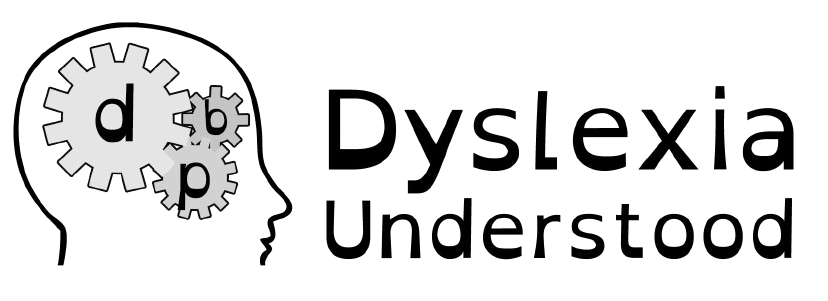Dyslexia & Dyscalculia
What is a Specific Learning Difficulty (SpLD)?
A Specific Learning Difficulty (SpLD) is a difference in the way an individual learns and processes information, which affects particular areas of learning such as reading, writing, spelling, or mathematics. It occurs independently of a person’s overall ability to learn and is not the result of a lack of effort, opportunity or teaching. People with SpLDs often have unique strengths and challenges, requiring tailored strategies or support to help them achieve their potential.
Common examples of SpLD include:
- Dyslexia – difficulties with reading, spelling, and writing.
- Dyscalculia – difficulties with understanding numbers and mathematics.
- Dyspraxia / DCD (Developmental Coordination Disorder) – difficulties with motor coordination and organization.
- Dysgraphia – difficulties with handwriting and written expression.
What is Dyslexia?
The latest definition, as of March 2025, written by the Delphi Study, defines Dyslexia as:
- Processing difficulties affecting reading & spelling acquisition.
- Phonological processing challenges which are most common (awareness, speed, memory).
- Contributions from working memory, processing speed, orthographic skills.
- Literacy attainment (reading & spelling fluency) is weak relative to age, teaching, other abilities.
- Difficulties are on a continuum — varying severity.
- Genetic + environmental influences shape nature and developmental trajectory.
- Co-occurrence with other developmental difficulties: language disorder, dyscalculia, ADHD, coordination etc.
What is Dyscalculia?
Dyscalculia is a learning difficulty that affects a child’s ability to understand and work with numbers. Children with dyscalculia may struggle to recognise numbers, learn basic math facts, tell time, or understand things like size and distance. It doesn’t mean they’re not smart – they just process numbers and math concepts differently and may need extra support and teaching strategies to help them learn.
The latest definition used by the SpLD Assessment Standards Committee (SASC, 2025) is: Dyscalculia is a specific and persistent difficulty in understanding numbers and numerical magnitude processing which leads to a diverse range of difficulties with mathematics. It will be unexpected in relation to the person’s age, level of education and experience, and occurs across all ages and abilities.
